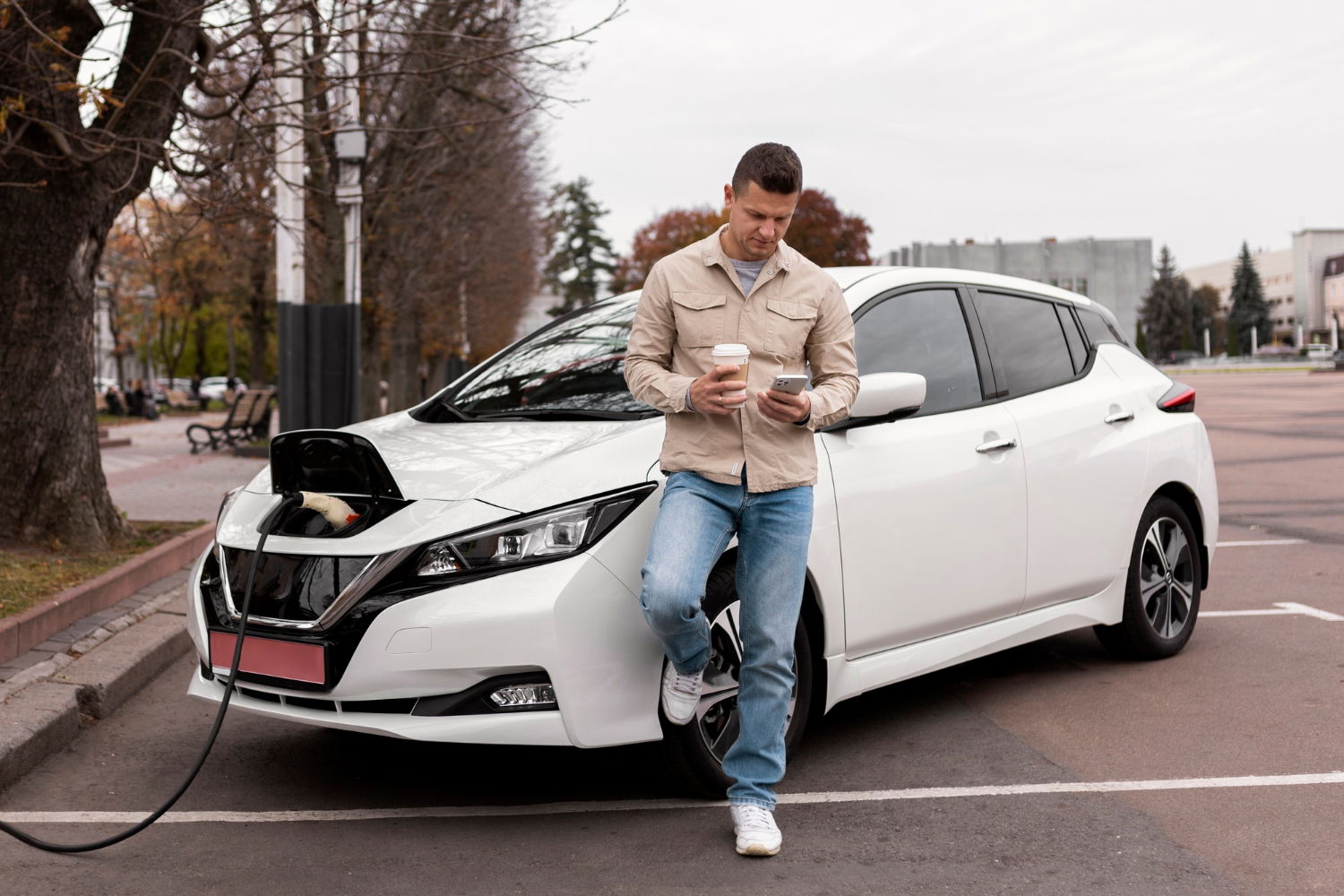1. Job Creation in the EV Sector
The transition to electric vehicles is generating new employment opportunities across various sectors. From manufacturing to research and development, the EV industry is creating jobs that didn’t exist a decade ago. Automakers are ramping up production of electric models, necessitating skilled workers in battery manufacturing, software development, and engineering. This job creation is vital for local economies and can help revitalize regions that have traditionally relied on fossil fuel industries.
2. Boosting Local Economies
As electric vehicle adoption increases, local economies benefit from the development of charging infrastructure. New businesses, such as charging station providers and maintenance services, are emerging to support EVs. This not only creates jobs but also stimulates local spending. Furthermore, cities that invest in EV infrastructure often attract eco-conscious consumers and businesses, enhancing their economic vitality.
3. Innovation and Technological Advancements
The push for electric vehicles is fostering innovation in technology and engineering. Companies are investing heavily in research and development to improve battery efficiency, develop autonomous driving technologies, and enhance charging solutions. This drive for innovation is not limited to automakers; it also extends to tech companies, energy providers, and startups. As new technologies emerge, they have the potential to create additional economic opportunities and advance other sectors, such as renewable energy.
4. Reducing Oil Dependency
Transitioning to electric vehicles can significantly reduce a nation’s reliance on imported oil. By decreasing demand for fossil fuels, countries can enhance their energy independence, leading to more stable economies. This shift not only supports national security but also buffers economies against the volatility of oil prices, providing a more predictable financial landscape.
5. Savings on Fuel and Maintenance
Electric vehicles typically have lower operating costs than traditional vehicles, primarily due to cheaper electricity and reduced maintenance needs. For consumers, this translates into significant savings over time. These cost savings can then be redirected into the economy, whether through spending on local businesses or investing in other goods and services. Moreover, lower fuel costs contribute to a reduction in the overall cost of living, benefitting families and individuals.
6. Supporting Renewable Energy Growth
The rise of electric vehicles is closely tied to the growth of renewable energy. As more EVs hit the roads, the demand for clean energy sources increases. This creates opportunities for investment in solar, wind, and other renewable technologies. By integrating EVs with renewable energy systems, economies can work toward a more sustainable and resilient energy future, benefiting both the environment and the economy.
7. Global Competitiveness
Countries that lead in electric vehicle technology and production can gain a competitive edge in the global market. As demand for EVs continues to grow, nations that invest in the necessary infrastructure and research will be well-positioned to export their innovations and products. This competitiveness can drive economic growth and attract foreign investment, further enhancing the national economy.
Conclusion
The economic impact of electric vehicles extends far beyond their environmental advantages. As they reshape industries, create jobs, and promote innovation, EVs are driving growth and economic resilience. By embracing this transition, countries can build stronger economies while working towards a sustainable future. The road ahead is not just electric—it’s also an opportunity for economic revitalization and progress.
- EV Charging(4)
- SaaS(2)
- Eco-friendly(2)

